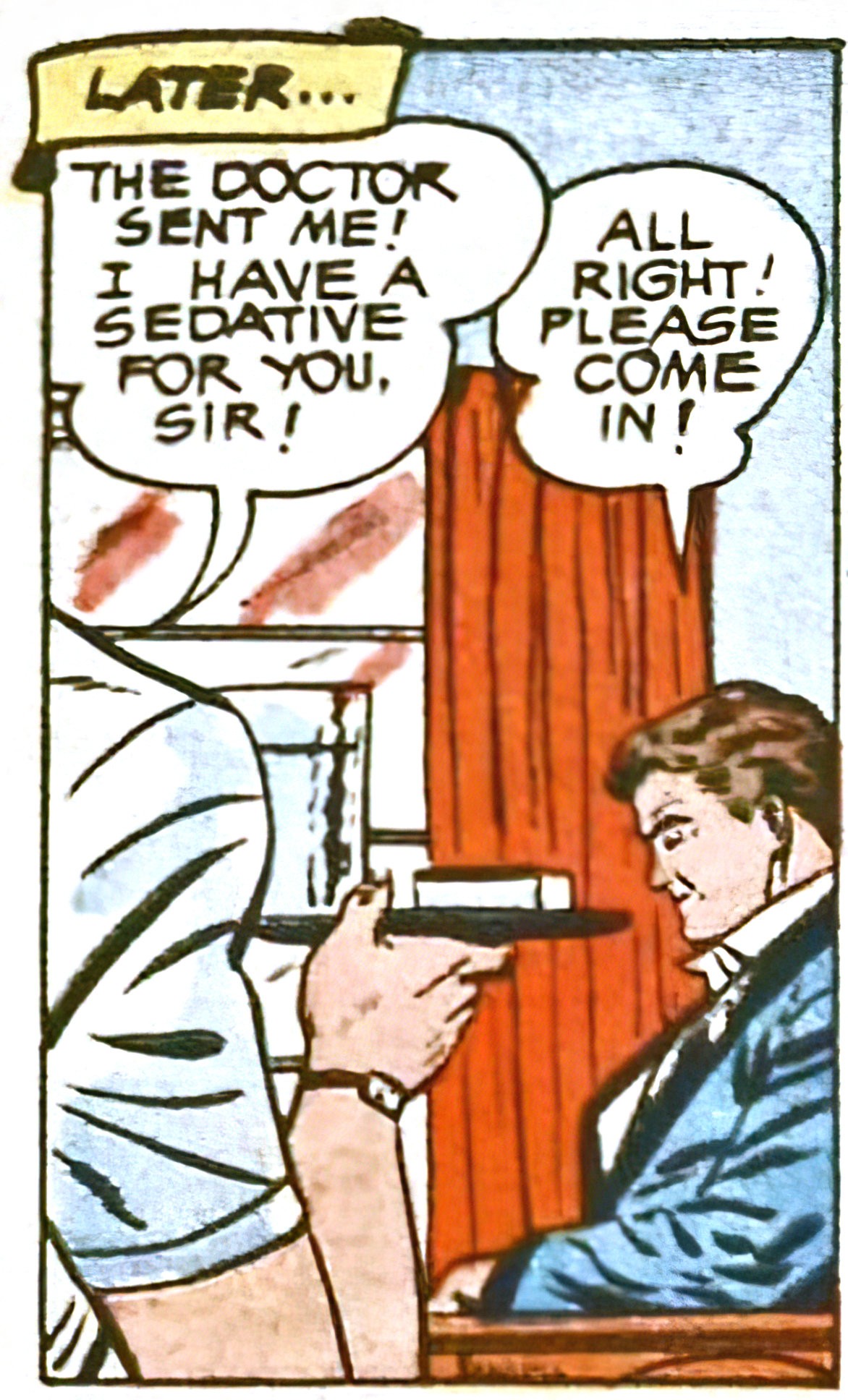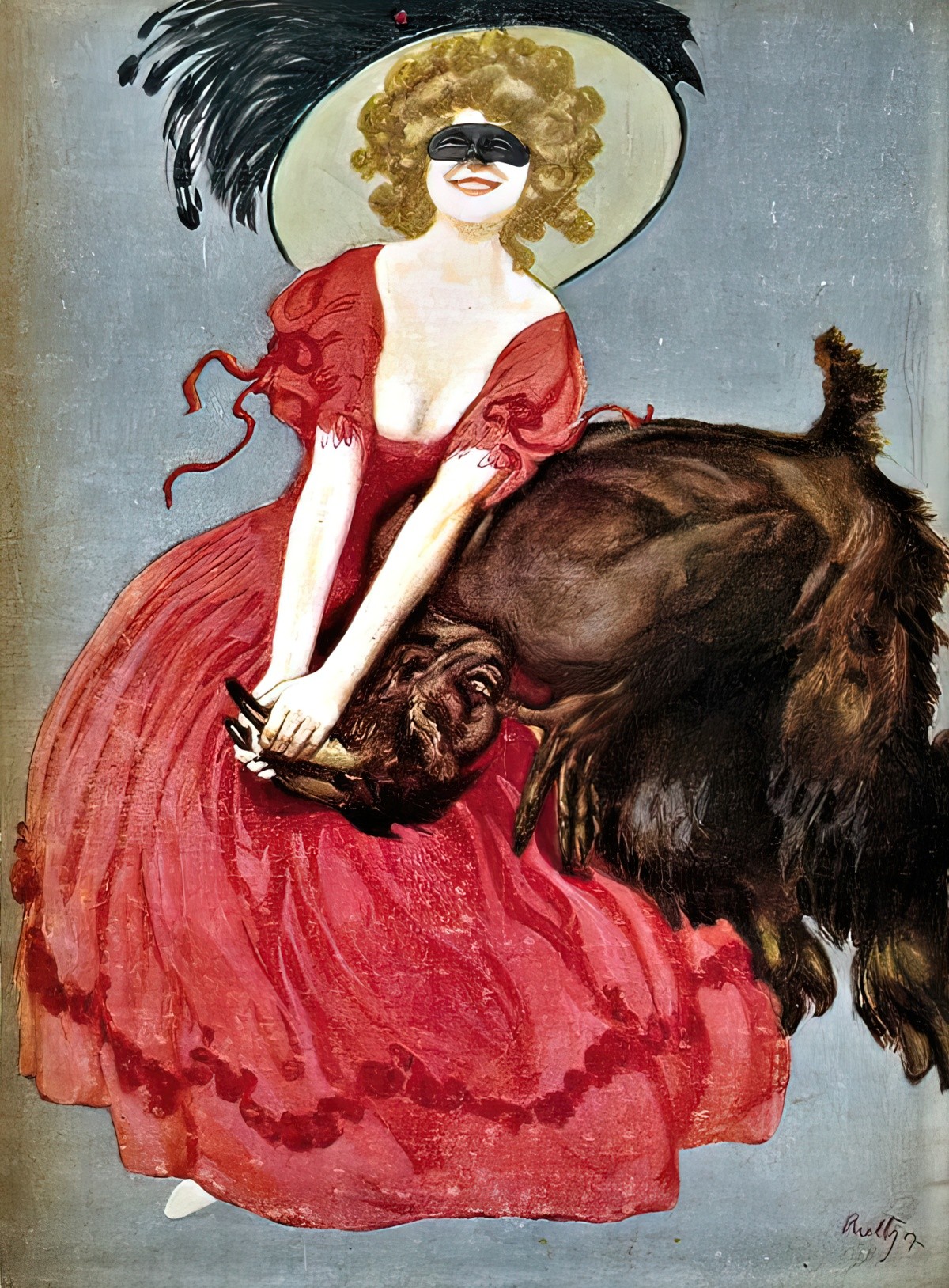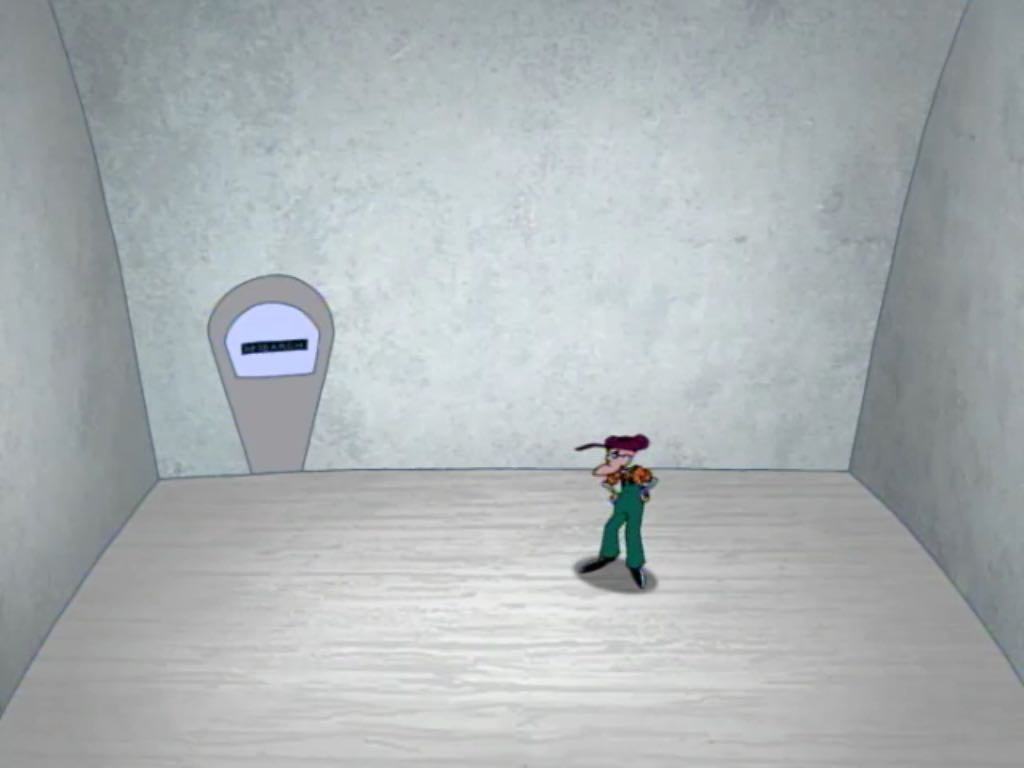Dischism: Intrusion of author’s own physical surroundings or mental state into the narrative.
The term ‘dischism’ comes from American science fiction author and poet, Thomas M. Disch, who pointed this writing pitfall out. Others call the same thing ‘Authorism’.
COMMON EXAMPLES OF DISCHISM OR AUTHORISM
- A character lights a cigarette whenever the author does,
- A character wishes they hadn’t quit smoking, because the author has.
- Characters complain that they’re confused and don’t know what to do, when this is actually the author’s condition.
I’m pretty sure Stieg Larsson was a heavy coffee drinker, due to the number of coffee breaks in his Dragon Tattoo novels. Ian MacEwan almost certainly drinks wine in the evening after a day’s writing, and I imagine Haruki Murakami has a cat or two, and it probably walks across his keyboard.
May also apply to:
- Napping
- Snacking
- Going for runs/walks
Authors may notice in hindsight when they’ve succumbed to Dischism themselves. Below, Jeremy Bloustein describes his experience of translating the computer game Metal Gear Solid from Japanese into English:
The job had me on edge to the point that I was taking diazepam — commonly known as Valium — to handle the stress.
Ironically, that’s the same drug that Snake takes in the game to keep his shooting hand from shaking. I was also smoking heavily like Snake, which is why lines like “you don’t know how good a cigarette tastes in the morning” ended up in the American release, even though it wasn’t based on text from the Japanese version of the game. It was just something that was getting me through the experience, and I imagined Snake was dealing with stress in a similar way.
The bizarre, true story of Metal Gear Solid’s English translation

I find it interesting that illustrators and artists are frequently applauded for their dischism, considered a quirk or signature. For instance, Chris Van Allsburg inserts a a real-life dog called Fritz into every book. The was owned by Chris Van Allsburg’s brother-in-law.
The point, of course, is that dischism is accidental, though I suspect even if authors insert coffee into all of their books, they will be accused of accidental coffee-insertion.
FALSE INTERIORIZATION
False Interiorization is related to Dischism. Both derive from either laziness or ‘placeholding’ (which sometimes makes it into the final product by accident). Instead of taking the time to imagine and describe the setting, an author inflicts the viewpoint character with space sickness, a blindfold, etc. to avoid having to deal with it.

WHITE ROOM SYNDROME
Related to False Interiorization, “white room syndrome” can also occur if the writer hasn’t sufficiently described a setting. The reader may feel as if the viewpoint character is floating in space somewhere. This makes for a discombobulating, dissatisfying reading experience.
It commonly happens by mistake even when the writer has a solid idea of their setting, because the writer has simply forgotten to give the reader a little setting detail before launching into interiority, dialogue or action. This is easily remedied in revision.
Curing White Room Syndrome: How To Ground Your Reader from Rocky Mountain Fiction Writers has some good tips.
The header image is a screen cap from Courage The Cowardly Dog.

